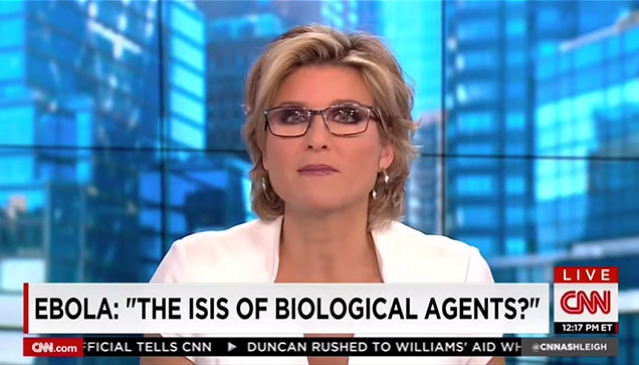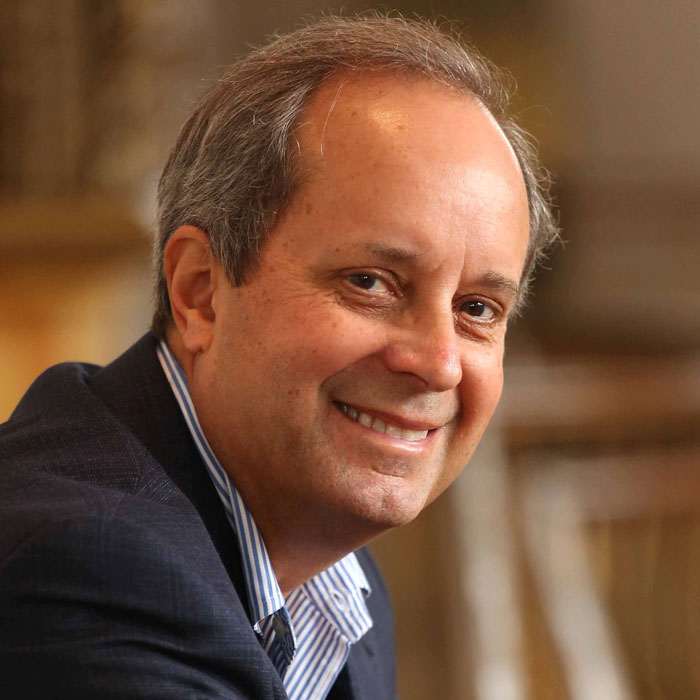No Need To Apologize
Our changing weather is making it tougher to be a mayor or governor. Look what happened when a major snowstorm took aim at New York City in late January. Warning of a “Storm of Historic Proportions,” Mayor Bill DeBlasio declared a major emergency before even a single flake fell. New York Governor Andrew Cuomo closed […]
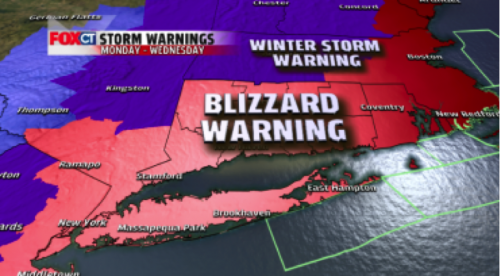
Our changing weather is making it tougher to be a mayor or governor.
Look what happened when a major snowstorm took aim at New York City in late January. Warning of a “Storm of Historic Proportions,” Mayor Bill DeBlasio declared a major emergency before even a single flake fell. New York Governor Andrew Cuomo closed several major highways including the Long Island Expressway. Without even consulting city officials, he also ordered the New York City subway system shut down for the first time in its 110 year history affecting over two million daily riders. Next door, New Jersey Transit riders were told that rail service would be suspended for almost the entire work week.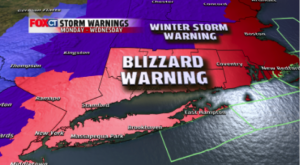
And then?
The storm barely touched the city, dropping a mere five inches of snow, and instead veered about 30 miles east of New York City, saving its fury for eastern Long Island and much of New England, and dumping over two feet of snow.
The media had a field day. The Daily Show’s Jon Stewart called it the “Blizzapocalypsegeddon ’15 – The White Erdämmerung!” The satirical paper the Onion served up this headline: “NYC Mayor: ‘Reconcile Yourselves With Your God, for All Will Perish in the Tempest.’” (To his credit, the mayor read the article for reporters at City Hall later in the week.)
So what is an elected official to do?
Undoubtedly a strong political calculus was at work. History is replete with stories of mayors who were thrown out of office because of the perceived failure to clean the streets after a major snowfall or because passengers found themselves sitting on runways for hours. No elected official will soon forget how Katrina tarnished the reputations of everyone from President Bush to the governor of Louisiana to the mayor of New Orleans. New Jersey Governor Christie and New York’s Cuomo (and President Obama for that matter) made sure they were prompt and visible after Sandy.
Hopefully, elected officials are also learning a key lesson of disaster response: planning and preparedness can save lives. It makes sense to move people out of harm’s way before disaster strikes – especially vulnerable populations – rather being forced later to undertake dangerous rescues. The more that goes into organizing response workers, setting up aid stations, and all the other things necessary for assisting survivors, the more quickly a community can bounce back. (See my thoughts on resilience HERE). A little extra caution is just fine in my book.
It’s still always going to be a difficult judgment call. When is being too cautious an overreaction? The restrictions many officials imposed when the Ebola threat first surfaced in the United States drew fire from many experts. Was that bad science or smart politics? Or bold leadership?
Reflecting on the handling of the recent snowmaggedeon that never was, the nation’s forecaster in chief, Louis Uccellini, director of the National Weather Service, owned up to problems with his agency’s forecast. But he also said that was not unusual. At a news conference later that afternoon he said, “There were aspects of this forecast that were very good. There were aspects of this forecast that were not good. The point is, that’s true with any system.”
Meanwhile, another meteorologist wasn’t so politic, as the New York Times reported. Gary Szatkowski, a meteorologist at the National Weather Service in New Jersey tweeted to his followers: “My deepest apologies to many key decision makers and so many members of the general public. You made a lot of tough decisions expecting us to get it right, and we didn’t. Once again, I’m sorry.”
That reminds me of one more element in all this: you and me. Next time your own “personal decisions” are thrown off by an inch of snow, or an icy road, or a canceled meeting, try to go easy on politicians and weather forecasters. If this storm had gone a few more miles to the west, it would have been anything but a laughing matter. It’s far wiser for our officials to stay focused on planning and preparation rather than scramble to pull off last-minute daring rescues. It may not create as many spectacular TV images, but it could end up saving lives.
What do you think about politicians and weather forecasters? You can write to me at bob.ottenhoff@disasterphilanthropy.org.
More like this
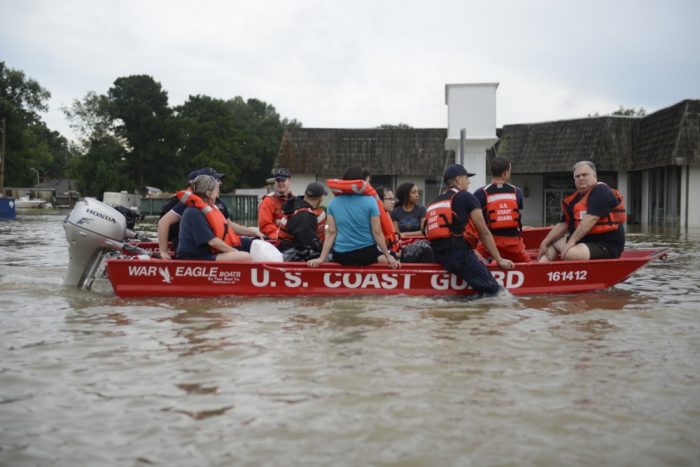
Creating a Personal Strategy for Disaster Giving
